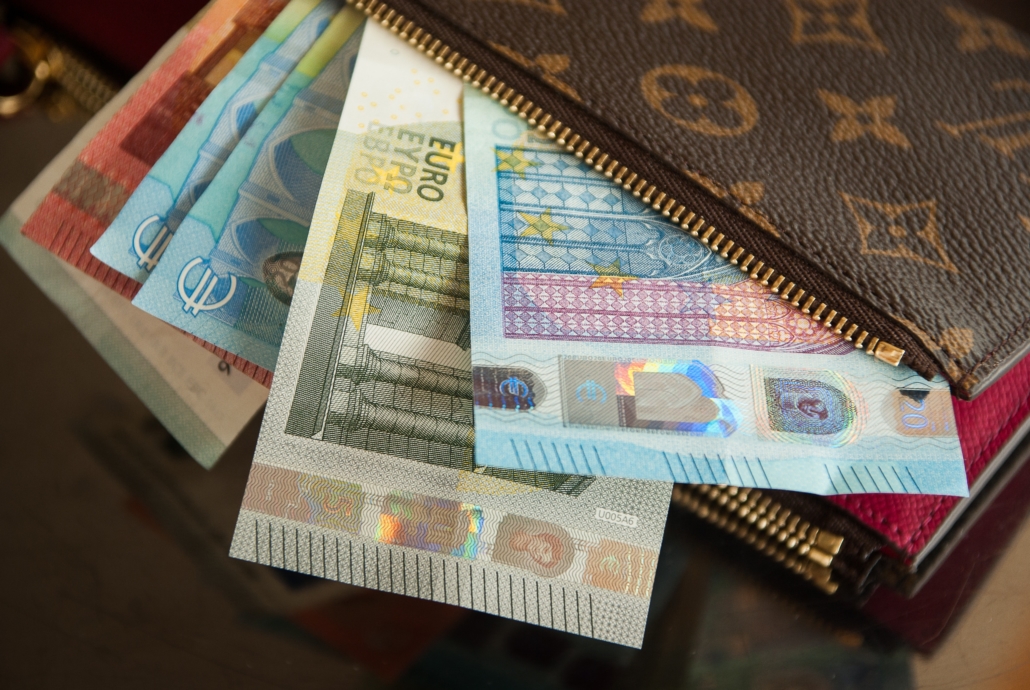Is Your Money Safe? 8 Ways You Can Protect Your Finances
To build wealth, you need to plan and use self-discipline.
Successful investors take steps to create a budget, monitor spending, build a saving balance, and to consistently invest.
Use these tips to improve your personal finances.
Contents
Short Term
Check your accounts regularly
While it might seem like a hindrance, checking your accounts regularly (daily, to be safest), can help you identify any transactions that you haven’t made.
It’s important to also check the transactions you have made and compare them with receipts because quite often, you could be charged more than your receipt shows. Take the time to check your account for errors or potentially fraudulent transactions.
If you’ve had a financial setback, this article can help.
Know what’s going out and when
We all have bills to pay, and it’s easy to forget when they’re going out.
This is particularly true, when you have direct debit amounts coming out of your account.
Learn what bills go out and when, and check them! If more has gone out than expected, check with the company to find out why.
You should also research any payments that haven’t gone out of your account when due, so that you can avoid charges for late payments. Once you get into a routine of knowing your payments it won’t seem like such a chore.
Don’t make impulsive purchases
It’s easier than ever to make a quick purchase – especially online.
However, making impulsive purchases can lead to bad financial habits, creating financial problems for you.
If you’re planning on buying something that’s of a high cost, sleep on it and make your decision in the morning. More often than not, you’ll decide against it and save yourself money! Also, impulsive purchases can include subscriptions that could lead to you paying out for months on end for something you don’t really want or need.
Use this site to apply for a loan Find My Rate at Social Finance Pay off credit cards or invest in a major purchase
Only use online banking at home
You may have seen the adverts on television lately about cybersecurity and how important it is to be careful when using the internet. This is especially important when it comes to using your online banking. Keep your money safe by only using your online banking at home or on a trusted WiFi so that you don’t risk hackers stealing your information. It might be worth installing an antivirus on your computer to be extra sure your pc isn’t already infected.
Long Term
Invest your money into your future
Work with a financial advisor to determine the number of years you have until retirement, the amount you should be saving each month, and the types of investment (stocks, bonds) you should use.
Investing your money into retirement villages will allow you to rest assured that if needs must, you’ll have the care you need.
Learn your legal rights
Knowing your legal rights related to money is important.
Sometimes, no matter how careful you are with your credit card it could still be stolen. However, some banks have clauses that will leave you liable for charges made on the card even after it’s stolen. When opening accounts or taking out a credit card/loan, make sure that you learn your legal rights so that if the worst does happen, you’re protected financially.
Many freelancers and business owners may have times when cash flow is a problem. Use this site to apply for a loan Find My Rate at Social Finance in order to cash flow your business until you can collect receivables from customers.
Create strong passwords and codes
Online banking is a great way of accessing your money quickly. In the simple touch of a button, you can pay bills, transfer money to other accounts or loved ones, and even apply for overdrafts or loans.
However, with conveniences like this come cons and in this instance, it’s people stealing your details and accessing your money. We know how hard passwords are to remember, but creating a password that’s an amalgamation of letters, capital letters, numbers, and even symbols will ensure that your information is as safe as possible. Here are some tips on how to create a strong password for your financial needs.
Don’t use suspicious card machines
Finally, some card machines and ATMs aren’t all they crack up to be. By this, we mean that some of them are hacked and can steal your card information. However, when this happens, your details are often kept hold of until suspicions have disappeared, meaning that money could disappear from your account years down the line.
Avoid using suspicious ATMs and card machines to avoid this happening to you.
Use these tips to improve your personal finances over time.
Ken Boyd
Author: Cost Accounting for Dummies, Accounting All-In-One for Dummies, The CPA Exam for Dummies and 1,001 Accounting Questions for Dummies
(email) ken@stltest.net
(website and blog) https://www.accountingaccidentally.com/

